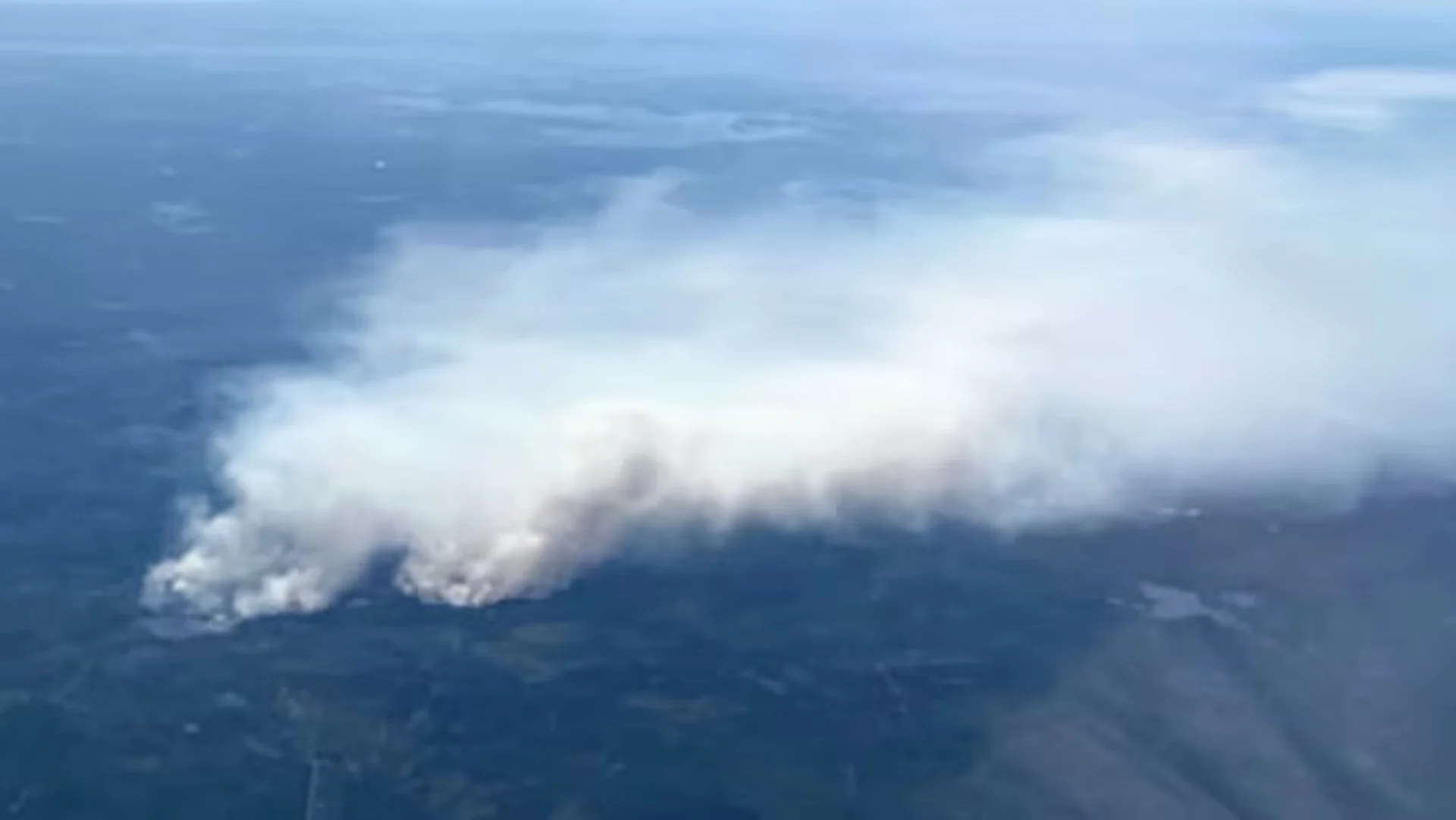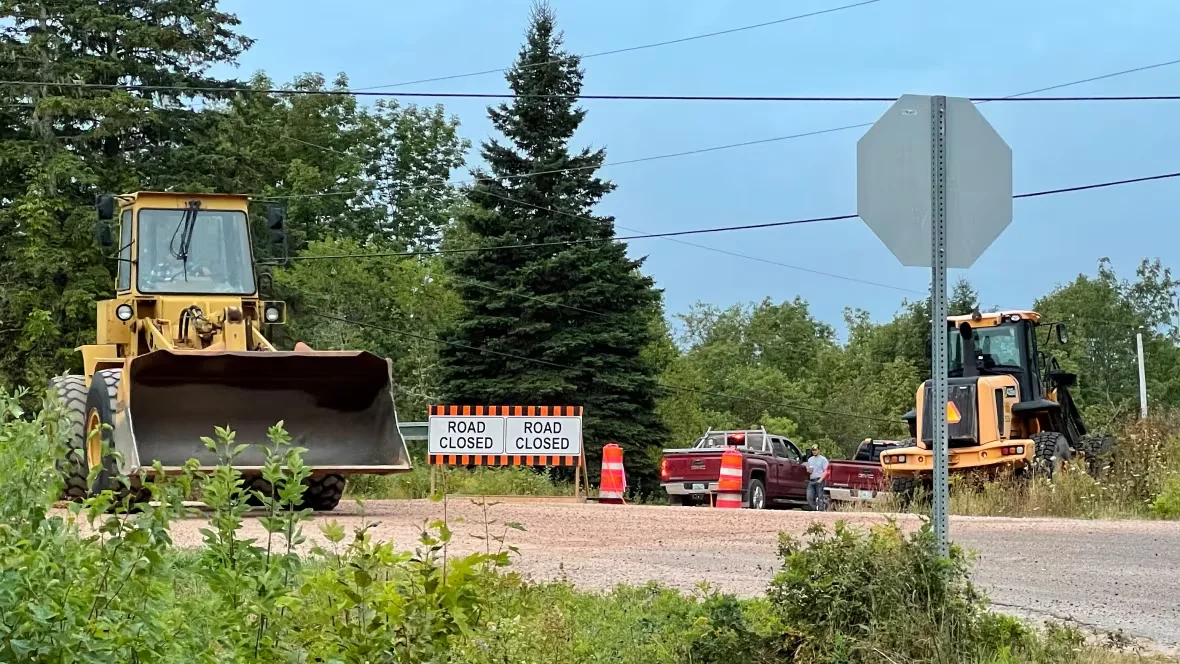
Homes destroyed by out-of-control N.S. wildfire, premier confirms
Some homes in western Nova Scotia have been [destroyed by the wildfire that broke out earlier this month]((https://www.theweathernetwork.com/en/news/weather/severe/n-s-wildfire-grows-to-nearly-2-000-hectares-as-ground-crews-fight-to-save-homes) but doubled in size over the weekend, as officials warned that much more rain than what fell on Monday will be needed to stop the flames.
More than 1,000 people have now been evacuated from communities in Annapolis County near the Long Lake fire, which is now estimated to be 7,780 hectares — almost 78 square kilometres — more than doubling in size since the last estimate over the weekend.
SEE ALSO: The Weather Network's new Fire & Smoke map helps you plan ahead and stay safe
Extremely dry conditions and heavy winds on Sunday propelled the fire, which became so powerful that dropping water on it would have had no effect, according to Jim Rudderham, with Nova Scotia's Department of Natural Resources
"Even if you had the biggest waterbombers in the world yesterday, when it was at its biggest point, dropping water on that fire — you couldn't touch it," he told reporters.

A road closure off Highway 10 near West Dalhousie, N.S., due to the wildfire in the area is shown on Monday, Aug. 25, 2025. (Brett Ruskin/CBC)
Premier Tim Houston said some homes have been lost. The number that have been damaged or destroyed has not been released, as officials seek to first notify property owners in person.
"This is a crushing feeling. We really can't imagine what it must feel like," Houston said during a news conference. "Also, with the added anxiety of not knowing what's happening to your home, it's an awful time."
Money for evacuees
The premier announced money for evacuees. Those displaced for four to seven days will receive $500 ($200 for minors). There will be an additional $500 ($200 for minors) for those out for eight to 14 days.
Anyone evacuated for longer than 15 days will receive an additional $250 a week, or $200 a week if a minor. The maximum amount is $3,000 per adult and $1,750 per minor, and those forced to leave a secondary home like a cottage do not qualify.
Dustin Enslow, the deputy warden of the Municipality of the County of Annapolis, said municipal officials are seeking to tell residents who have lost their homes the news in person, not over the phone.
"We're continuing to monitor the situation and just trying to keep everyone calm," he told CBC Radio's Information Morning Cape Breton on Monday.

A tanker truck from the Nova Scotia Department of Public Works is shown near the Long Lake fire in a photo published Monday, Aug. 25, 2025. (Nova Scotia Department of Public Works)
The province said 230 homes were evacuated Sunday, on top of the roughly 100 homes evacuated not long after it broke out nearly two weeks ago. In all, more than 1,000 people have been forced to leave, Enslow said.
Tim Donald and his wife were among the new evacuees, leaving their home Sunday in the community of New Albany. Their biggest concern was their livestock — two horses, about a dozen turkeys and some chickens.
People quickly volunteered to transport the horses and turkeys, he said, which was "such a relief." The chickens couldn't be rounded up in time and were left with plenty of food and water. He spent the night in his truck, he said, but now has people offering places to stay.
"I'd hate to lose all our belongings, our house, our garage, our barn, all our equipment, stuff we've worked so hard to have," he said. "It's close to being gone."
While there was some rain Monday, Rudderham said a steady amount is needed for days to "make a real difference here."
Some showers are expected Tuesday, but the Environment Canada forecast for the area then has five straight days of sunny weather mixed with clouds.
The premier credited sprinklers that have been deployed to douse homes with water with undoubtedly saving some structures.
Andrew Mitton, director of regional operations for the Department of Emergency Management, said water continued to be pumped on Monday and crews were on site to keep the sprinklers up and running.
*Thumbnail courtesy of Craig MacKinnon via CBC. *
The story was originally written by Richard Cuthbertson and published for CBC News.